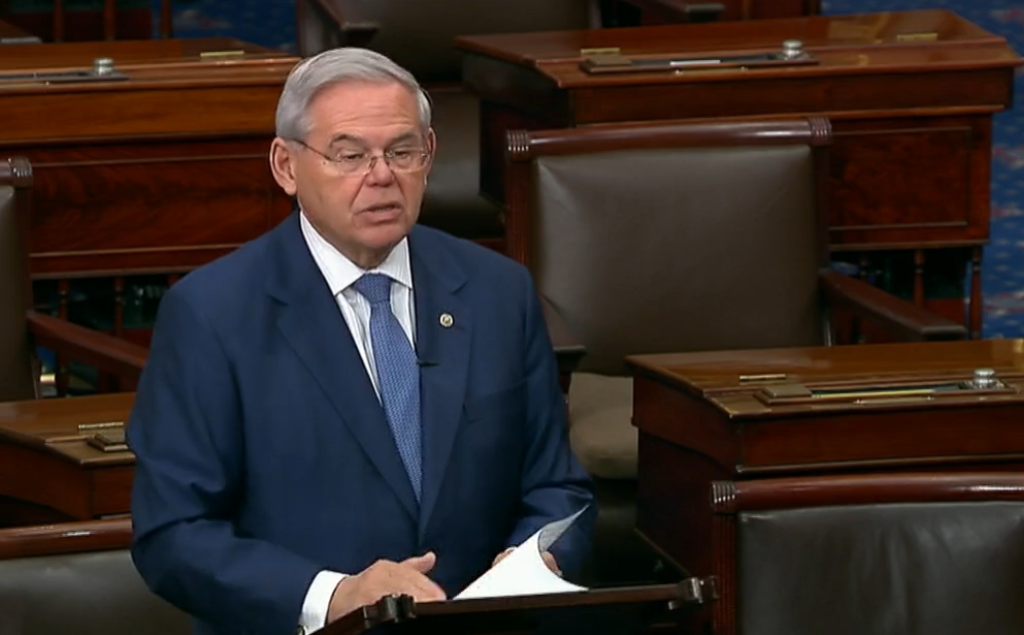Menendez, Booker Announce Additional $310M from CARES Act to Support NJ’s K-12 Schools

Menendez, Booker Announce Additional $310M from CARES Act to Support NJ’s K-12 Schools
NEWARK, N.J. – U.S. Senators Bob Menendez and Cory Booker today announced an additional $310,371,213 from the U.S. Department of Education (ED) to support New Jersey’s K-12 school districts as they respond and adapt to the new realities caused by the COVID-19 outbreak. In order to prevent the spread of the virus, the State of New Jersey closed all schools on March 15 and districts have since transitioned to online learning.
“New Jersey’s students and teachers have made extraordinary sacrifices during this pandemic and I thank them for their flexibility as we navigate these unchartered waters,” said Sen. Menendez. “I’m proud that our state has one of the top education systems in the nation and this funding will help our educators continue their work and ensure students have the resources to continue learning and fulfill their education requirements.”
“Nearly every aspect of New Jerseyans’ lives are being disrupted by this public health crisis, including children’s education,” said Sen. Booker. “This federal funding will support teachers and schools helping kids reach their fullest potential and promote continuity of education while children are out of the classroom. These resources can’t be the last word on federal funding for our schools in this crisis — we must continue to support New Jersey’s educators who are working to ensure our students don’t fall behind.”
School districts can use this funding to purchase new technology to help students and teachers transition to online learning; provide mental health services; and meet other needs to ensure the success of all students.
Last week, the senators announced $69 million from the CARES Act to support the Governor’s Emergency Education Relief (GEER) Fund which gives flexibility to the state to direct the funding to either K-12 school districts or higher education institutions depending on where the greatest COVID-related need is in the state.







